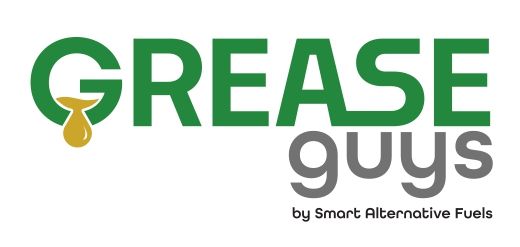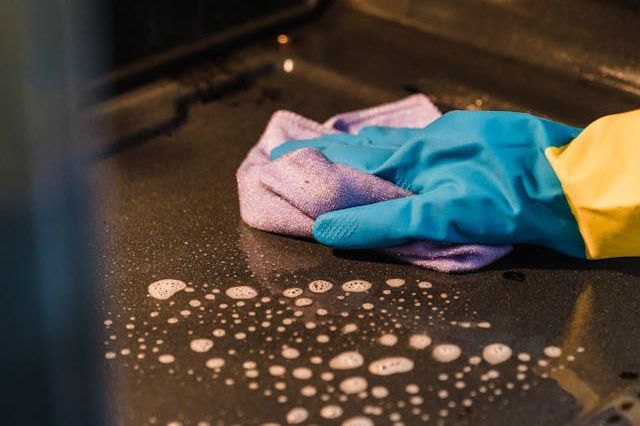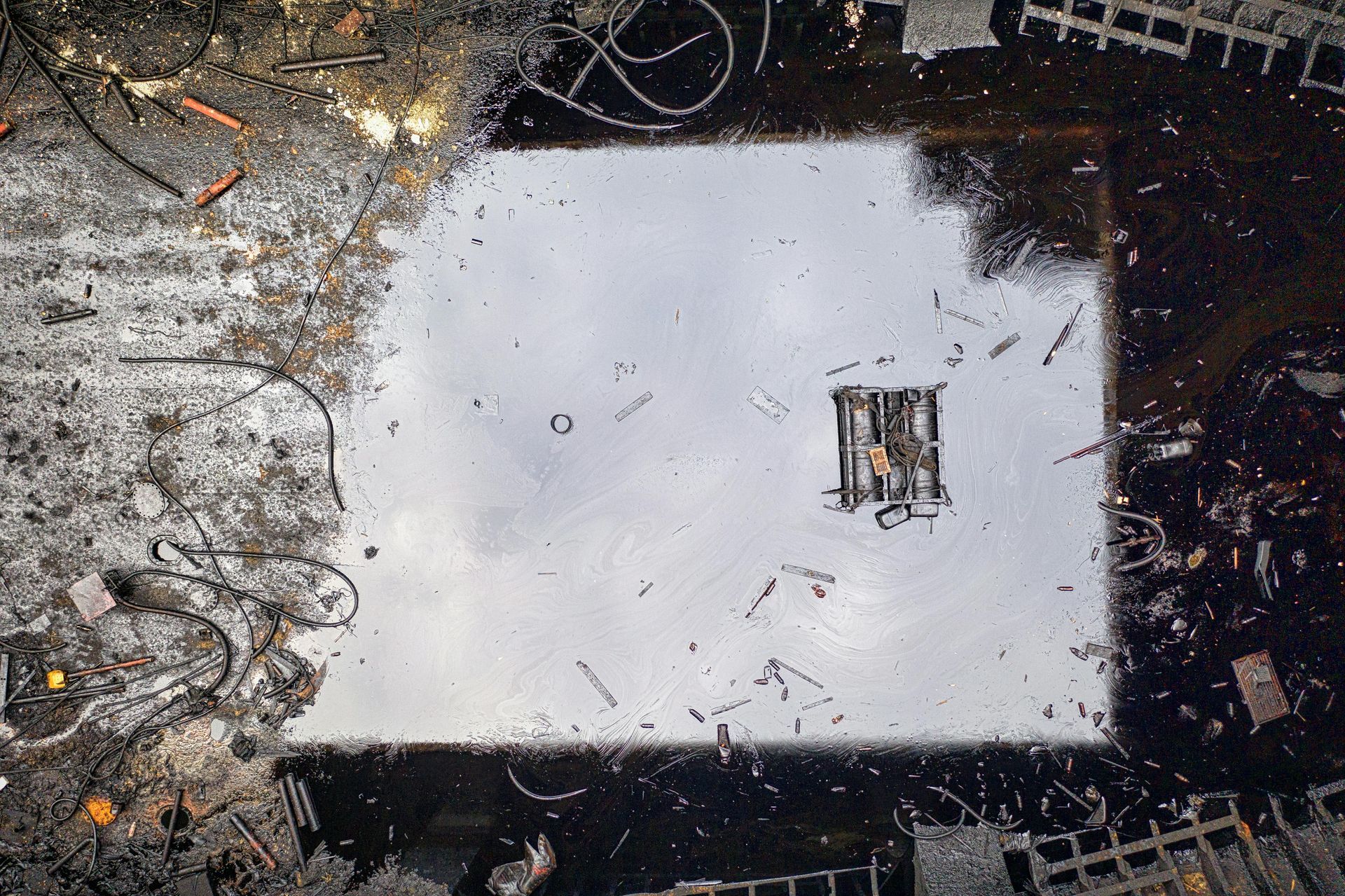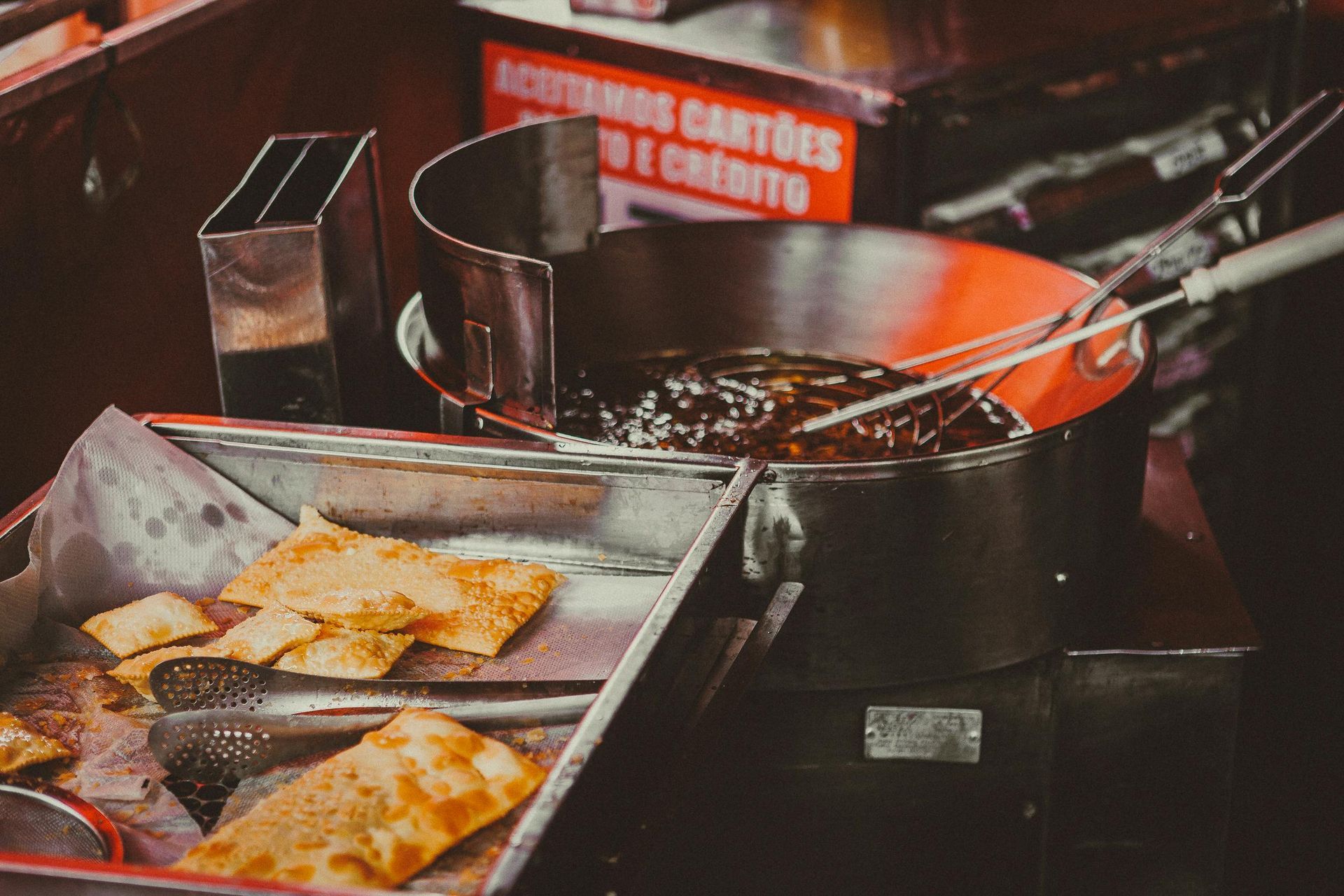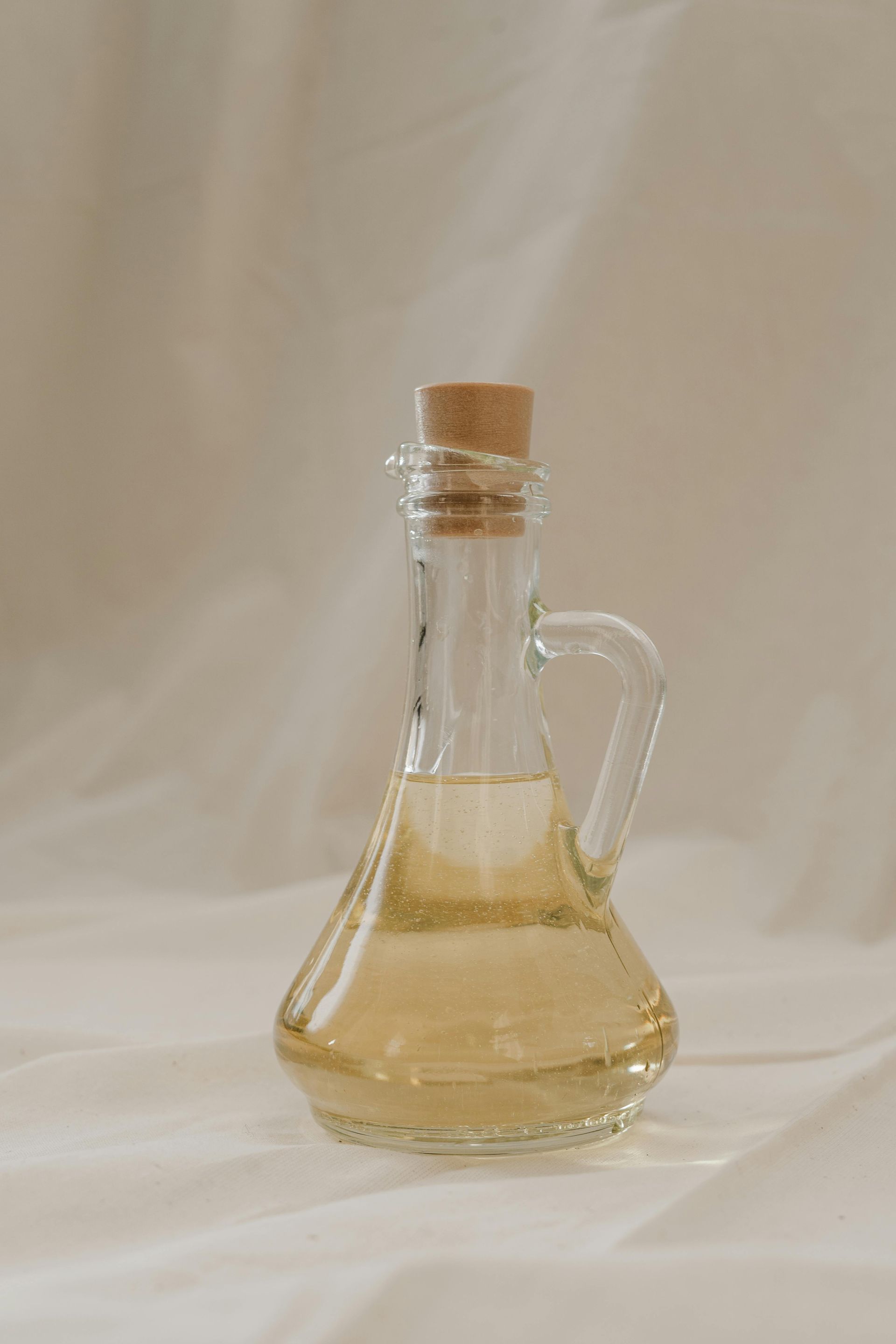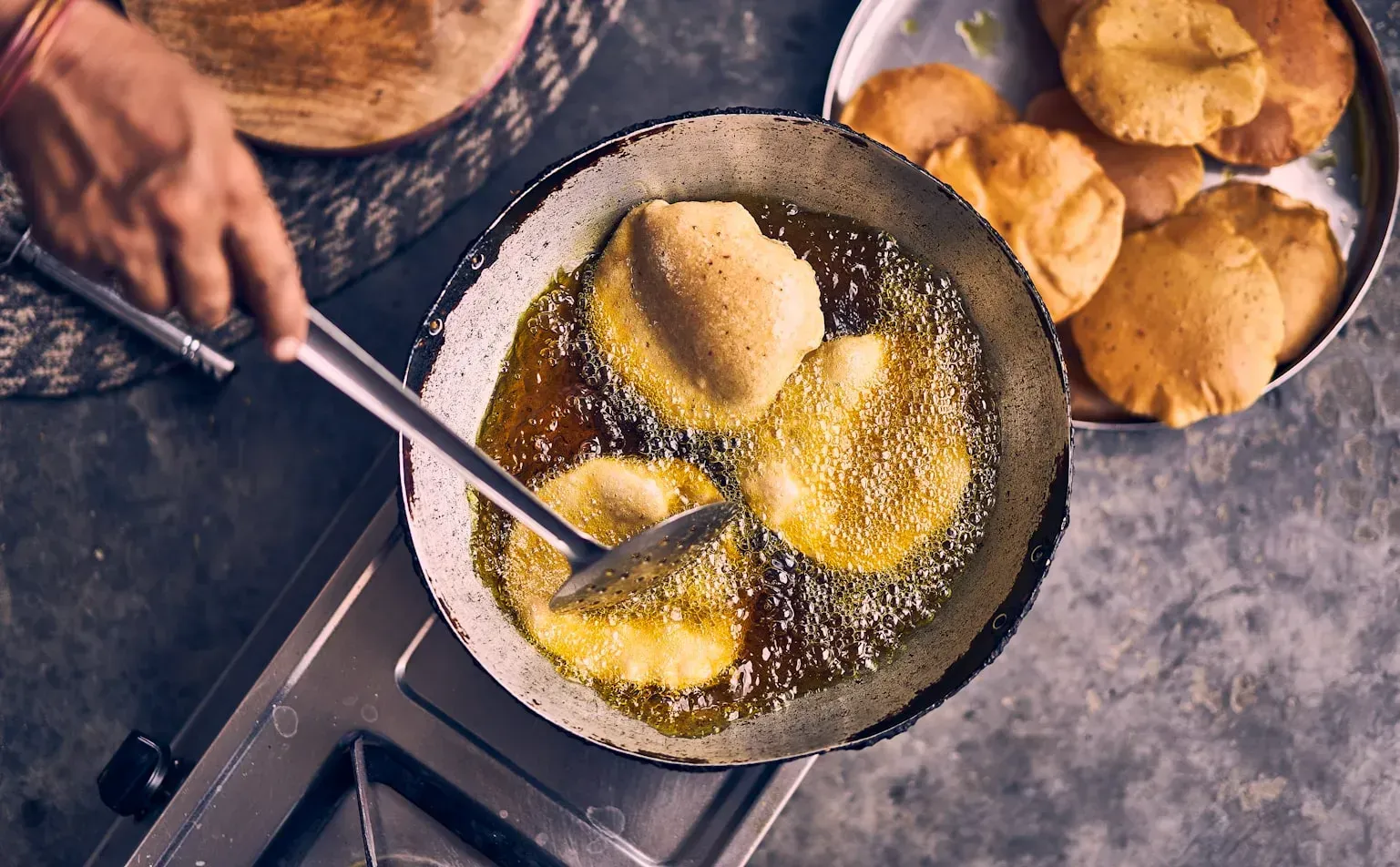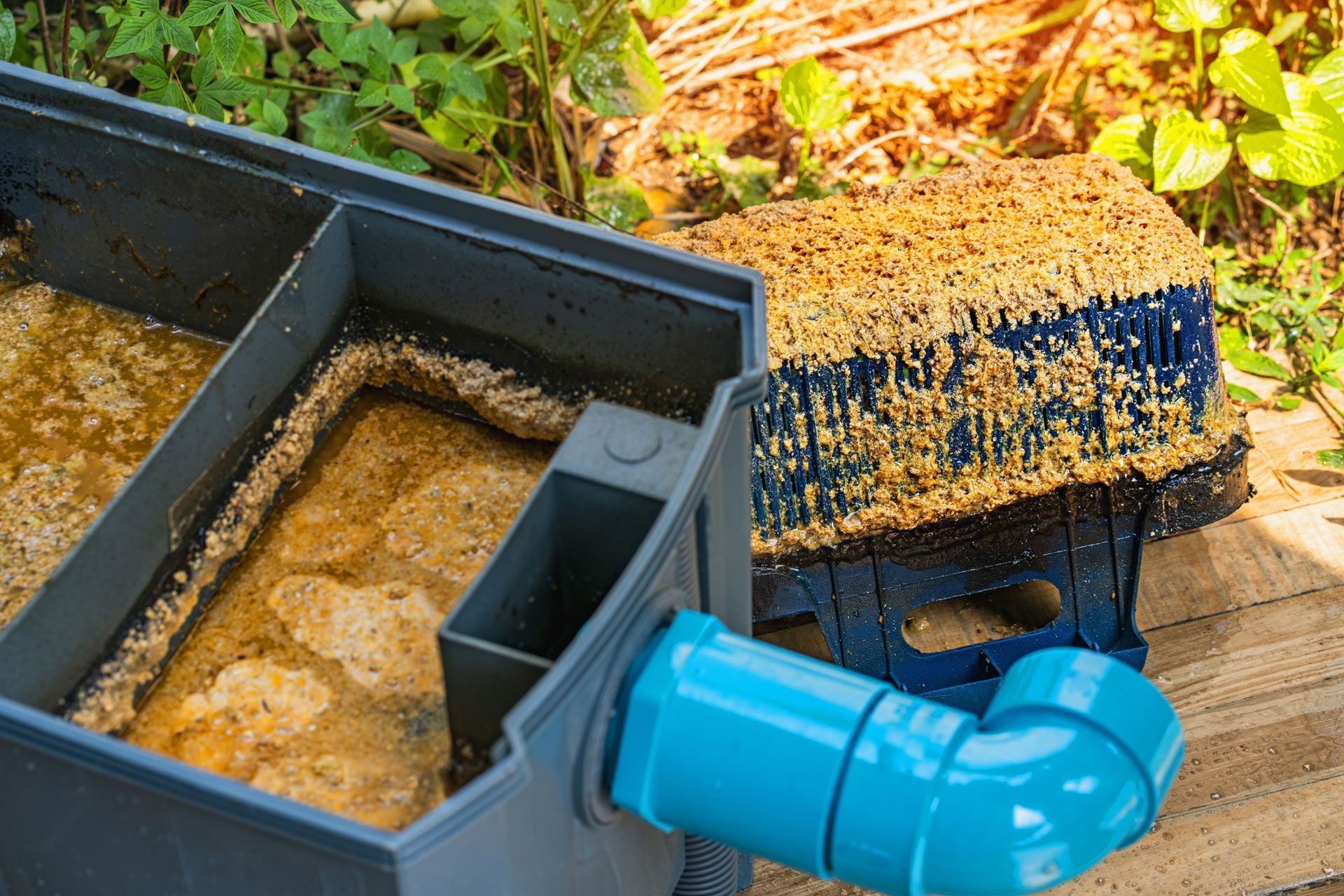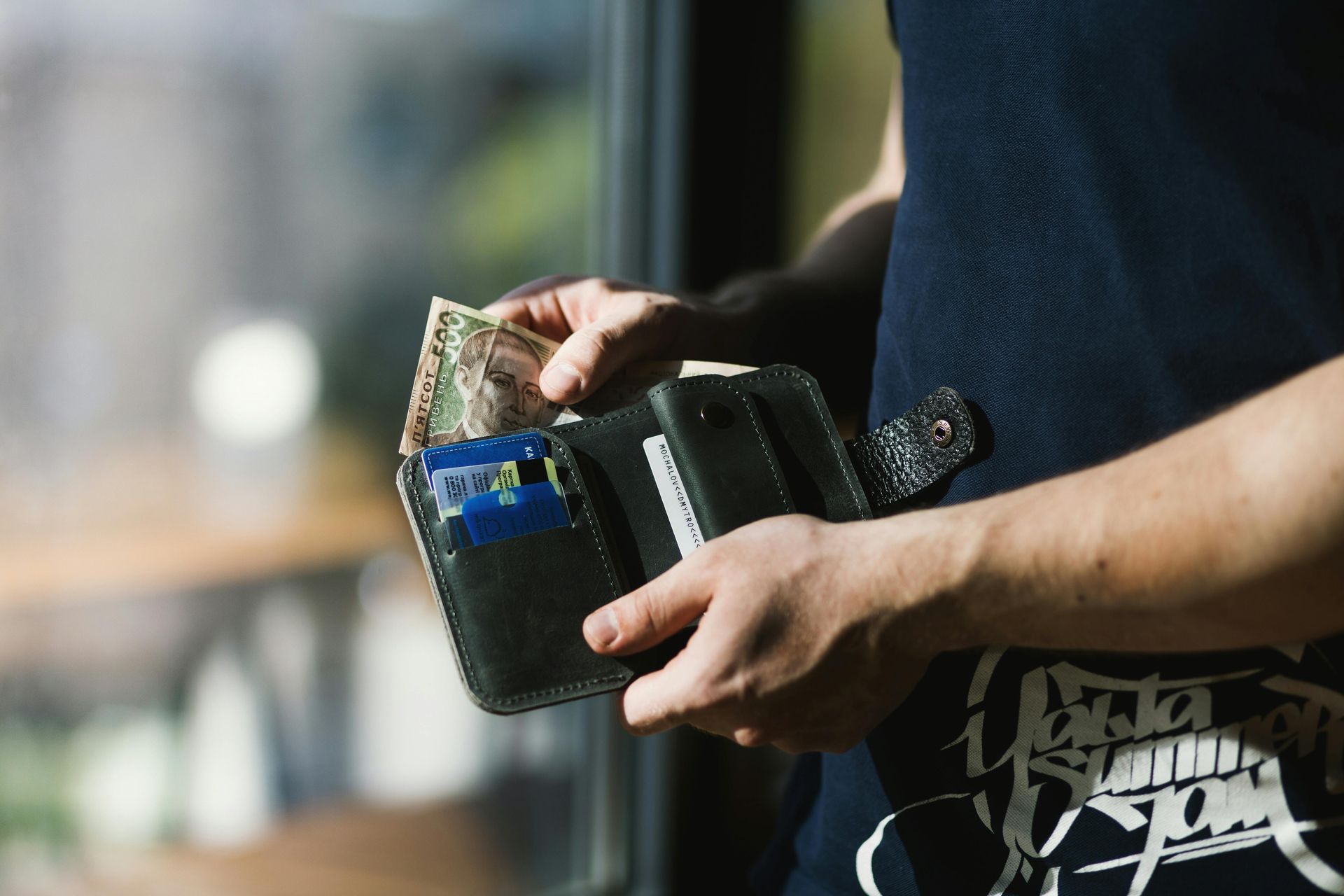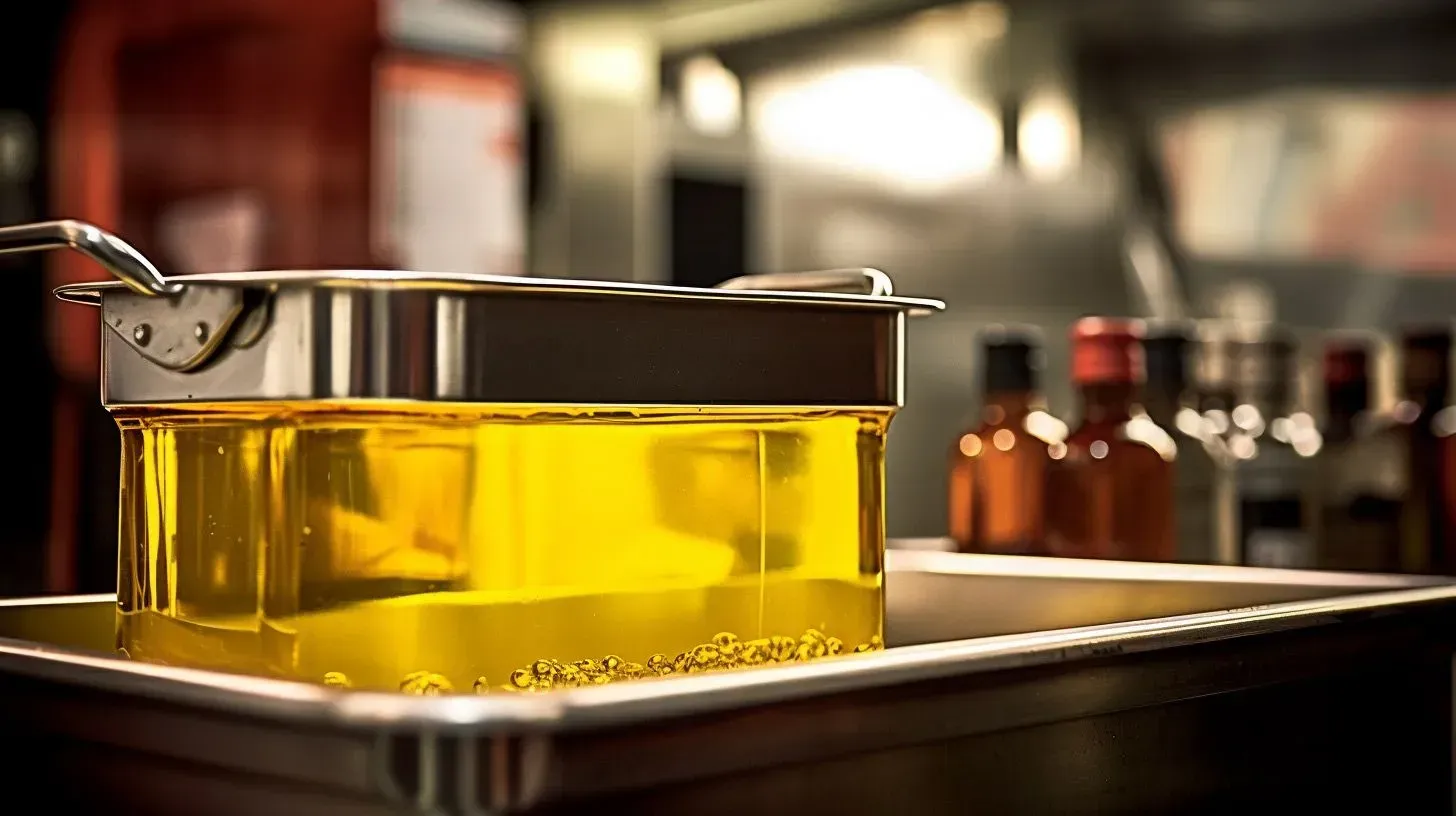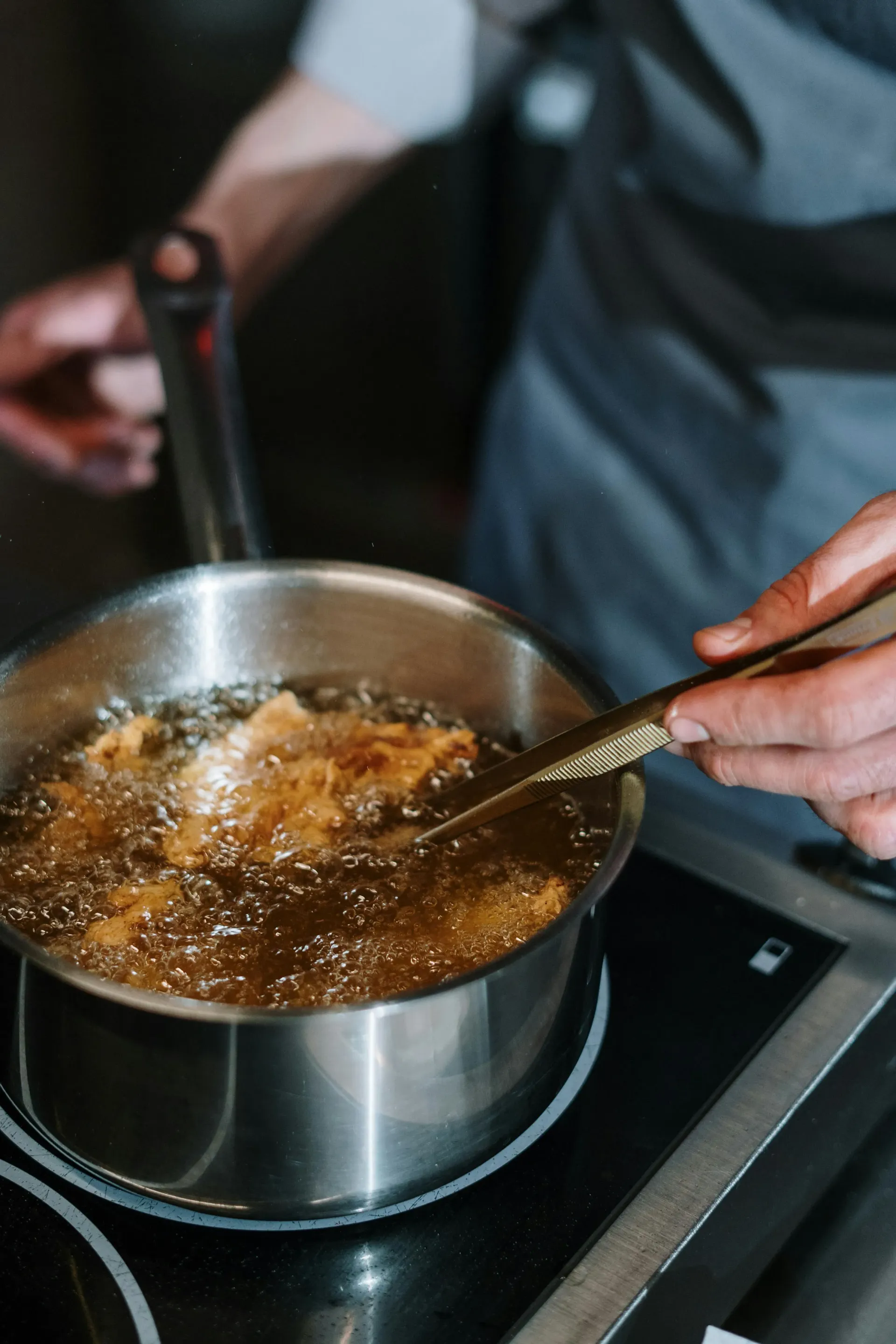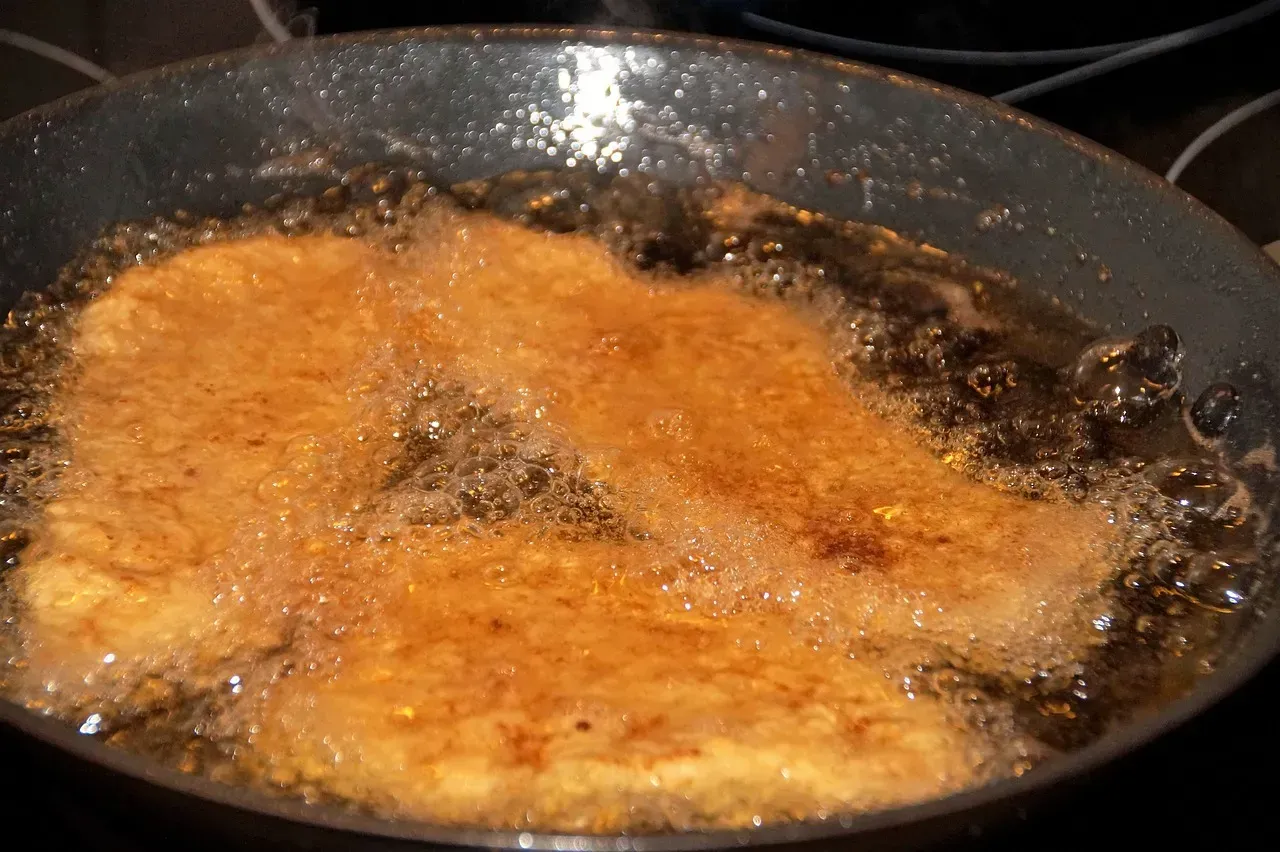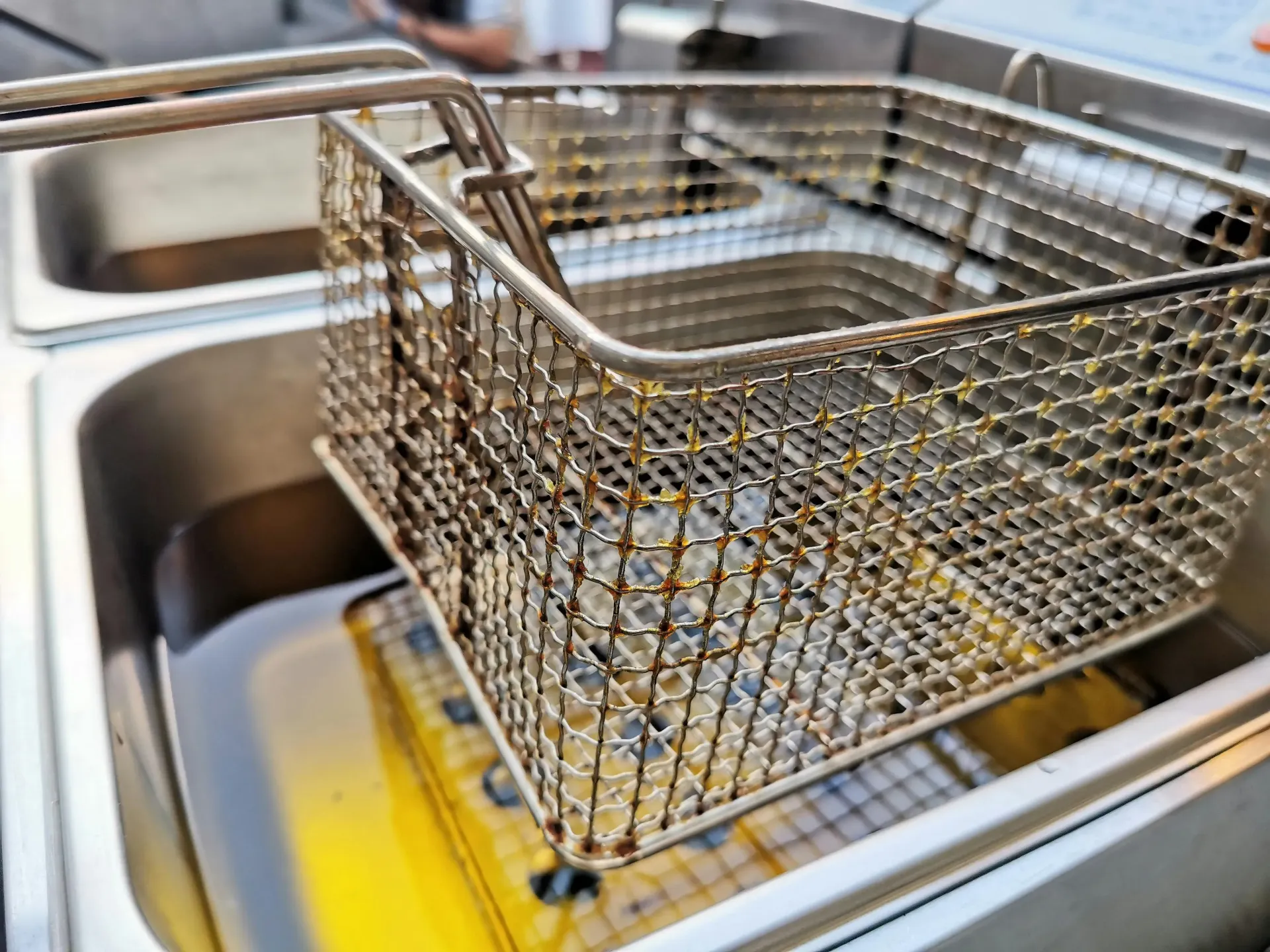
How is Used Cooking Oil Collected?
Collecting used cooking oil is important. When you throw it away wrong, it can hurt the environment, clog drains, and attract pests. But when you collect and recycle it, it can be used to make biodiesel, animal feed, and even cosmetics. In this blog, we’ll answer common questions about how used cooking oil is collected, whether you’re a homeowner or a business. Let's look at why collecting used cooking oil matters and the best ways to do it.
Why Collect Used Cooking Oil?
What are the benefits of collecting used cooking oil?
Collecting used cooking oil has several benefits. First, it helps the environment. Throwing oil down the drain can lead to clogged pipes and water pollution. When collected, this oil can be recycled into biodiesel, a cleaner fuel alternative.
Second, recycling used oil can save money. Many companies buy used cooking oil to convert it into useful products. This can turn waste into a source of income.
Lastly, it helps reduce waste. Instead of ending up in landfills, the oil gets a second life in new products.
In summary, collecting used cooking oil is good for the environment, can save you money, and reduces waste.
How is Used Cooking Oil Collected?
What are the methods for collecting used cooking oil at home?
At home, collecting used cooking oil is simple. Start by letting the oil cool after cooking. Then, pour it into a container with a lid. Many people use old jars or bottles for this. Once the container is full, you can take it to a local collection point. Some communities have drop-off locations or recycling centers where you can leave your used oil.
Some areas also have community recycling programs. These programs might offer curbside pick-up or special events where you can drop off your used cooking oil. Check with your local waste management services to see what options are available in your area.
If you live in or around Washington, Spokane, or Sand Pointe, you can check out Grease Guys for services like Grease Trap Cleaning and Oil Collection, Cooking Oil Collection, and Grease Trap Pumping.
How do Restaurants and Businesses Collect Used Cooking Oil?
For restaurants and businesses, collecting used cooking oil is a bit more organized. These establishments produce a lot more oil than a typical household, so they need a reliable system.
Collection services are the most common method. These services provide businesses with special containers to store used cooking oil. These containers are designed to hold large amounts of oil and are usually picked up on a regular schedule. The collection service then takes the oil to a processing facility where it can be recycled.
Restaurants often have grease traps installed. These traps catch oil and grease from kitchen wastewater, preventing it from clogging the plumbing. The grease from these traps is also collected by service providers.
If you live in or around Washington, Spokane, or Sand Pointe, you can check out Grease Guys for services like Grease Trap Cleaning and Oil Collection, Cooking Oil Collection, and Grease Trap Pumping.
Overall, businesses rely on professional services to ensure their used cooking oil is collected efficiently and responsibly.
Steps in the Collection Process
What are the proper storage techniques for used cooking oil?
Proper storage is key to safely collecting and recycling used cooking oil. At home, let the oil cool before pouring it into a container with a tight lid. This prevents spills and keeps the oil fresh until it can be recycled. Use containers made of durable materials like glass or plastic, and store them in a cool, dry place.
For businesses, storage involves larger, more specialized containers. These containers are designed to hold significant amounts of oil and are often provided by the collection service. They must be kept in a secure area to avoid contamination and ensure safety.
How is used cooking oil transported?
Once stored, the used cooking oil needs to be transported to a recycling facility. For households, this might mean taking the container to a local drop-off point. Community recycling programs may also offer curbside pick-up services.
Businesses typically have their oil collected by a professional service. The service uses specialized trucks to transport the oil safely and efficiently. These trucks are equipped to handle large volumes and ensure that the oil is delivered to the recycling facility without any issues.
What happens to the oil after it's collected?
After collection, the oil is taken to a processing plant. Here, it goes through several stages of refining. First, any food particles or contaminants are removed. The clean oil is then processed into various products like biodiesel, animal feed, and even some industrial products. This process ensures that the oil is recycled and reused, reducing waste and supporting environmental sustainability.
Regulations and Guidelines
What regulations govern the collection of used cooking oil?
Collecting and recycling used cooking oil is regulated to ensure safety and environmental protection. Local and federal regulations often dictate how oil should be stored, transported, and processed. These laws are in place to prevent contamination, spills, and improper disposal that could harm the environment.
Best practices for collection and storage
To comply with regulations, it’s essential to follow best practices for collecting and storing used cooking oil. This includes using appropriate containers with secure lids, labeling them clearly, and keeping them in a designated, safe area. Regular maintenance and cleaning of storage areas help prevent leaks and spills.
Safety measures and compliance
Safety measures are crucial in handling used cooking oil. This includes wearing proper protective gear when handling large amounts of oil and ensuring that storage containers are not overfilled. Businesses must comply with health and safety regulations, which often require regular inspections and certifications.
By adhering to these regulations and guidelines, both households and businesses can ensure that their used cooking oil is collected and recycled responsibly, contributing to a cleaner and safer environment.
Companies and Services
How can I choose a reliable oil collection service?
Choosing a reliable oil collection service is essential for ensuring your used cooking oil is handled properly. Here are some tips:
- Check for Licenses and Certifications: Make sure the service is licensed and certified to handle and transport used cooking oil. This ensures they follow industry standards and regulations.
- Read Reviews and Testimonials: Look for reviews from other customers to gauge the reliability and professionalism of the service. Positive feedback can give you confidence in your choice.
- Evaluate Their Equipment and Containers: A good service will provide proper containers for storing used oil and have well-maintained equipment for collection and transportation.
- Consider Their Schedule and Availability: Choose a service that offers convenient pick-up schedules and is available when you need them. Regular and timely pick-ups are crucial for businesses that produce large amounts of oil.
- Compare Costs: While cost shouldn’t be the only factor, it’s essential to compare prices and see if the service offers good value. Some services may even offer rebates or payments for your used oil.
- Environmental Commitment: Select a service that prioritizes recycling and sustainability. Companies that focus on converting used oil into biodiesel or other eco-friendly products contribute to environmental protection.
By considering these factors, you can choose a reliable oil collection service that meets your needs and ensures your used cooking oil is recycled responsibly.
Conclusion
Collecting and recycling used cooking oil is a simple yet effective way to contribute to environmental sustainability. Whether you are a homeowner or running a business, proper disposal and recycling of cooking oil can prevent pollution, save money, and support the production of renewable energy.
Ready to start recycling your used cooking oil? If you're in or around Washington, Spokane, or Sand Pointe, consider partnering with Grease Guys.
They offer comprehensive services, including Grease Trap Cleaning and Oil Collection, Cooking Oil Collection, and Grease Trap Pumping. By choosing a reliable service like Grease Guys, you can ensure that your used cooking oil is collected efficiently and responsibly, contributing to a cleaner and greener environment.
Additional FAQs
How often should used cooking oil be collected?
The frequency of collection depends on how much oil you generate. Households might need to dispose of oil every few weeks, while restaurants may require weekly or even daily collection. Regular pick-ups prevent overflow and ensure the oil is fresh for recycling.
Can all types of cooking oil be recycled?
Most cooking oils can be recycled, including vegetable oil, canola oil, and olive oil. However, it's important to avoid mixing the oil with other substances, as contamination can affect the recycling process.
What are the signs that used cooking oil needs to be collected?
If the storage container is getting full, it’s time to arrange a pick-up. Additionally, if the oil starts to smell bad or develop mold, it should be disposed of immediately to prevent health hazards.
Is there a cost associated with oil collection services?
Some services may charge a fee for pick-up, while others might offer free collection, especially for large quantities. It's worth checking with local providers to understand their pricing structure.
How can I find a local collection point?
Local government websites often provide information on recycling programs and drop-off locations. You can also contact waste management companies or look for community initiatives that accept used cooking oil.
